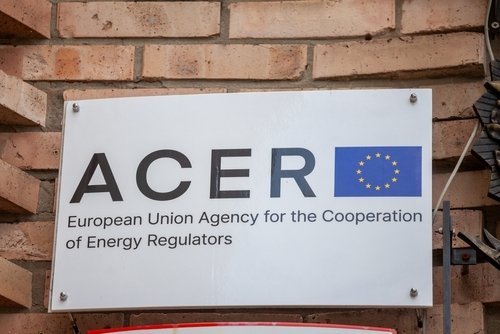Belgium, (Brussels Morning Newspaper) The EU financial watchdog says EU agencies should do more to stop the so-called “revolving door” trend.
This, they say, means tightening their rules and controls to minimize the risk that managers and other senior staff who leave may take up private-sector jobs that could lead them into conflicts of interest and put the integrity of the EU institutions at risk.
This is the main finding of a major report by the European Court of Auditors (ECA). The ECA findings come in its annual report on the EU agencies, published on 27 October.
At the same time, the EU’s financial watchdog confirmed that the agencies’ bookkeeping was trustworthy by signing off on their 2021 accounts.
The auditors also gave all 44 agencies a pass mark on how they collect income for their operations, and all but one agency obtained a clean bill of health on spending, despite persistent public procurement problems across most agencies.
“We are once again able to give the EU’s agencies positive, clean audit opinions on their accounts and revenue, while their spending is generally up to the mark,” said Rimantas Šadžius, the ECA member leading the audit.
He added, “But legislators and agencies must heed our red-flag warning and handle the potential revolving doors more stringently in order to prevent conflicts of interest and avoid reputational damage to themselves and to the EU as a whole.”
EU rules set out very few obligations for EU bodies to monitor the compliance of current and former staff with the ‘revolving door’ requirements.
On the other hand, EU agencies – especially those with regulatory powers and links to industry – are particularly prone to the risk of ‘revolving doors’ for two reasons: first, they rely on temporary staff, and so have high turnover rates; and second, their governance model includes management boards with members on short-term appointments.
The problem with this is that board members are not part of the agencies’ staff, so the ‘revolving doors’ rules do not apply to them. The auditors say this creates a legal vacuum and leads to only a small fraction of potential ‘revolving door’ cases being assessed. Furthermore, only a few agencies go beyond the minimum legal requirements when handling potential ‘revolving door’ situations, while most do not even monitor compliance among their current and former staff, relying almost exclusively on self-reporting instead.
The auditors have already identified governance issues and conflicts of interest for EU agencies in several of their previous reports. This report once more points out governance issues of the supervisory agencies for banks, insurance, and financial markets, which leave the doors open for favoring national interests over European ones.
The auditors are also critical once again of how the agencies purchase goods and services and urge them to ensure that they get the best value for money. The fact is that weaknesses in public procurement are still among the main reasons why the agencies fail to comply with payment rules, and such cases have recently been on the rise. For half of the agencies, the auditors found contracts involving shortcomings. For one agency – EU-LISA, which manages large-scale IT systems in the area of freedom and security – they detected €18.1 million of erroneous spending due to issues that had already been flagged in the past. The agency has now seen another yellow-card warning in the form of a qualified audit opinion on its payments and is asked to improve its procurement and contract management.
The audit shows that Russia’s war against Ukraine affected three agencies in particular. The EU’s asylum agency (EUAA) has asked for more staff and money after EU countries that took in Ukrainian refugees had asked for more assistance.
The activities of the EU space program (EUSPA) suffered because Russian Soyuz launchers could no longer be used for its Galileo satellites. And the agency for winding up failing banks (SRB) concluded that the war increased credit risks in relation to banks’ exposures to counterparties in Russia, Belarus, and Ukraine, and for loans to domestic firms most exposed to the effects of the war.




